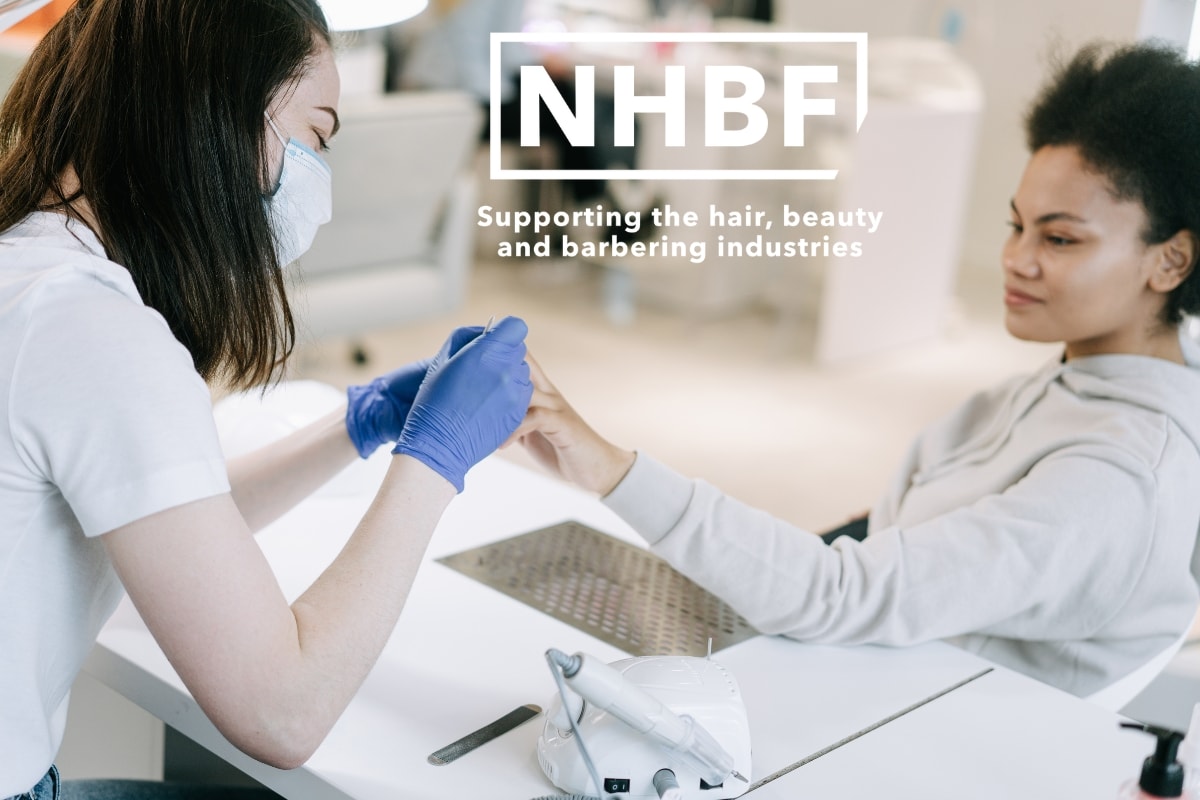
Hair & beauty industry faces renewed fight for survival, says NHBF
By Rebecca Hitchon | 21 February 2023 | News

The National Hair & Beauty Federation (NHBF) has published the findings of its latest State of the Industry Survey, which highlight a slow recovery for the sector and need for further government support.
The quarterly survey was carried out between 9-18 January 2023, and gathered almost 500 responses from personal care businesses in England, Northern Ireland, Scotland and Wales. Respondents were largely salon or barbershop owners, but chair/room renters, home-based business owners, and mobile and freelance professionals were also interviewed.
As rising energy and business costs, as well as declining consumer confidence, affect hair and beauty businesses, the Federation notes that levels of uncertainty around survival and reliance on government support remain in line with September’s State of the Industry Survey.
The NHBF finds that:
- 25% of hair and beauty businesses are making either a small or substantial loss (up from 19%), 30% are making a small or good profit (down from 25%), and 44% are breaking even.
- 51% of businesses raised their prices over the previous three months, and a further 66% plan to do so over the next three months.
- 71% of businesses are either partially or completely reliant on government support.
- Hair and beauty businesses are most worried about energy costs, supplier costs and rises to National Minimum Wage/National Living Wage, and in response, are removing non-essential expenditure, increasing prices and not taking on staff or apprentices.
Staffing, recruitment & apprentices
The survey finds recruitment intentions to be similarly low compared to September’s findings. Over the last three months, 21% of hair and beauty businesses have cut back on apprentices (down from 25%), and 15% will definitely or likely take on new staff in the next three months (up from 12%).
Half of businesses surveyed commented that they were either unsure if they would or would not support apprentices to the end of their course.
Survival & growth
Business survival expectations remain muted, with 49% of those surveyed confident of their survival and 44% unsure whether they will survive over the next six months (until June 2023). Also in line with September’s survey, 30% of hair and beauty businesses intend to grow their business either rapidly or moderately, 44% plan to remain the same size, and 25% intend to downsize or handover the business (slightly up from 22%).

Richard Lambert, NHBF chief executive, comments: “After businesses have battled through the last two years, the hair and beauty industry is now faced with a renewed fight for survival. The latest survey results show that businesses already in debt are still grappling with rising energy costs, supplier and staff costs.
“With continued and targeted support from the UK government, we are confident that the personal care sector will be in position to play a central role in the UK’s economic growth, thriving high streets and community wellbeing into the future.”
Therefore, the NHBF is calling for:
- Further support on energy, for businesses that signed up for higher than usual contracts or whose contract renewals are coming up over the next three to six months. The NHBF wants the UK government and Ofgem to be more active in ensuring energy companies pass on support, grants and incentives to encourage energy efficiency.
- Wider business support, such as suspension of debt repayments for businesses under pressure, encouragement of banks to offer more flexibility around loan repayments, and restraint on rises to the National Minimum Wage and National Living Wage.
- Future talent to be secured, through apprenticeship incentives of up to £3,000 per employee.
- An urgent review of taxation which is disincentivising growth, i.e. a review of the way in which VAT is applied. The current system, whereby a salon becomes liable for a £17,000 VAT bill as soon as they cross the threshold, is a powerful incentive to remain below this line.
- A crackdown on tax evading businesses.
www.nhbf.co.uk

Read the latest issue









